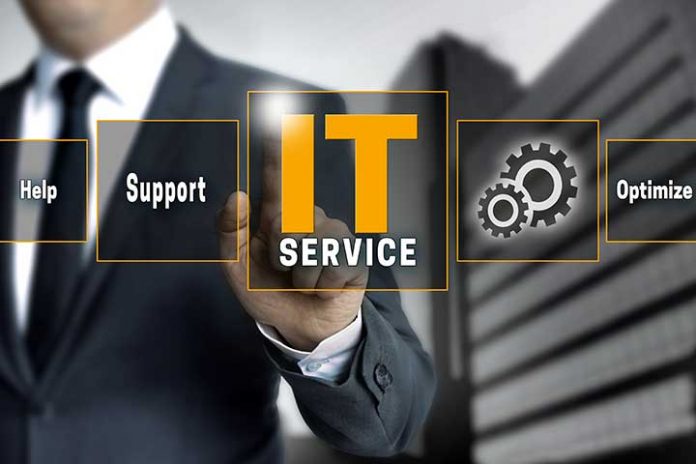Handling a remote team can be challenging without in-depth knowledge of information technology or IT. Cybercriminals are getting more advanced and trickier in victimizing businesses, especially remote or work-from-home setups. So, how do you ensure data and cyber security when managing remote workers?
Below are some of the tech tips you shouldn’t ignore because doing so may harm your remote workforce.
Table of Contents
1. Hiring Professional IT Support Services
If you’re a startup or small business, you might think that hiring IT support Melbourne isn’t a practical decision. On the contrary, you should be more prompted to hire IT support services because cybercriminals tend to attack small businesses with poor IT management.
Ignoring this tech tip can harm your remote workforce because you can’t safeguard your business system 24/7, unlike big businesses with in-house IT support specialists.
2. Getting The Right Software Licenses
The increasing number of remote teams means there’s also an increased need for software licenses. However, it’s not easy to decide whether you need to purchase additional licensing or renew your license from another company.
There’s always an upfront cost associated with licensing and it’s important to prepare a budget for it to avoid problems. You need to ensure that you get the right software licenses before it’s too late. Ignoring this tech tip can harm your remote team, especially now that software companies are more stringent in monitoring unauthorized users.
A software license protects you and your remote workers from legal consequences associated with the use of tools, apps, or programs commonly used in creating digital documents, presentations, and reports. Many companies are offering licenses for these types of tools on a subscription basis.
3. Educating Employees About Shared Responsibility
As a remote team manager, it’s important to educate your employees about the importance of shared responsibility when it comes to cybersecurity. Everyone should be well-informed about the prevention tips on cyber-attacks. Each employee should know how to protect company data by knowing how to secure user accounts, credentials, files, and any digital message being shared using apps, business software programs, and even messaging systems.
If you miss the tech education of your remote workers, their ignorance might open windows of opportunities for cybercriminals to steal and misuse your data.
4. Keeping Your Software Updated
You need to make sure that all software programs, apps, and servers you use for managing your remote team are up-to-date. If you keep on postponing software updates, there’s a tendency that loopholes and vulnerabilities will increase, until you can’t fight and prevent them anymore.
Never risk your data security. As early as possible, ensure that your remote platforms are upgraded. Consult an IT specialist to audit your system and employ the right tech solutions for your business or organization.
5. Creating A Cybersecurity Policy
With the rise of remote work setups, data security can be greatly compromised. Therefore, employers should create and enforce a clear and realistic cybersecurity policy. For instance, it’s crucial to oblige your remote employees to install antivirus software on their home machines. You can support your remote employees by providing them with an allowance or budget for this purpose.
Compliance With Tech Standard Business Regulations
Never ignore this tech tip. Every remote team must adhere to standard regulations. Because the world is in the digital era, it’s easy for information to leak because of the lack of concern for privacy and confidentiality.
Business owners and managers should ensure that they comply with the following examples of cybersecurity guidelines to avoid getting into legal problems:
- Health Insurance Portability and Accountability Act (HIPAA): The HIPAA is a federal law that protects the disclosure of sensitive data of patient health without the knowledge or consent of the patient. If your business has something to do with healthcare, you need to make sure that you and all your employees abide by this guideline.
- Payment Card Industry Data Security Standard (PCI DDS): The PCI DSS refers to a set of security standards, ensuring proper payment processing using credit and debit cards, especially for online store payment card transactions.
Conclusion
Don’t ignore the tech tips shared above to avoid compromising the operations and success of your remote workforce. Because your business is at stake, make sure to consult IT experts to monitor and evaluate your systems for vulnerabilities and risks.
Make sure that your remote employees are aware of the warning signs of cyber-attacks to prevent them from happening. In addition, having up-to-date systems is crucial to ensure you have the right security features and processes in place for smooth remote workforce management.

